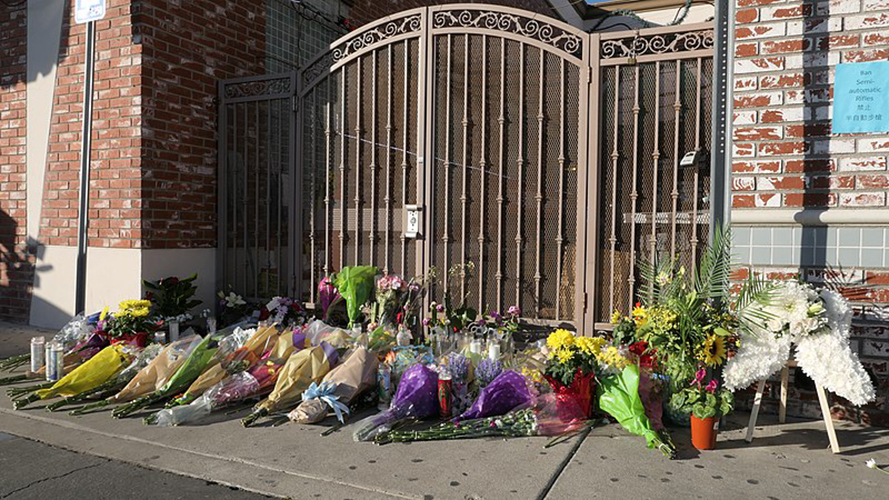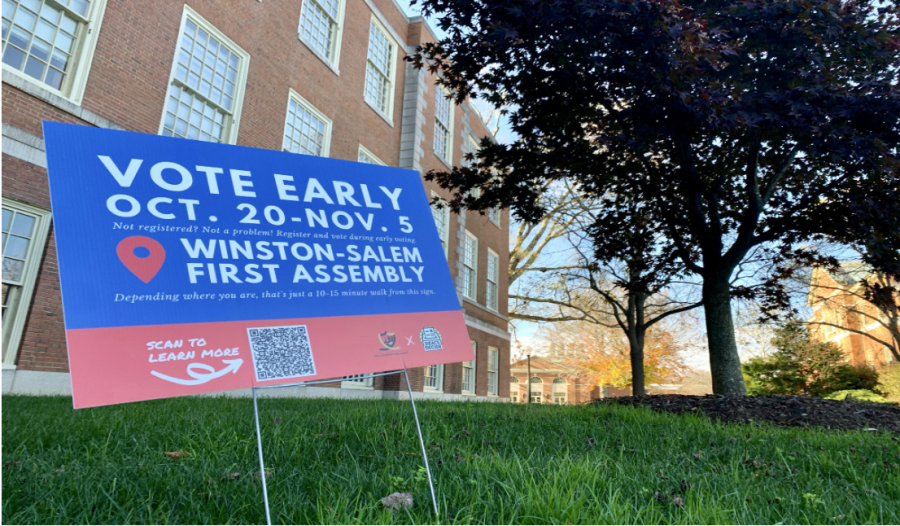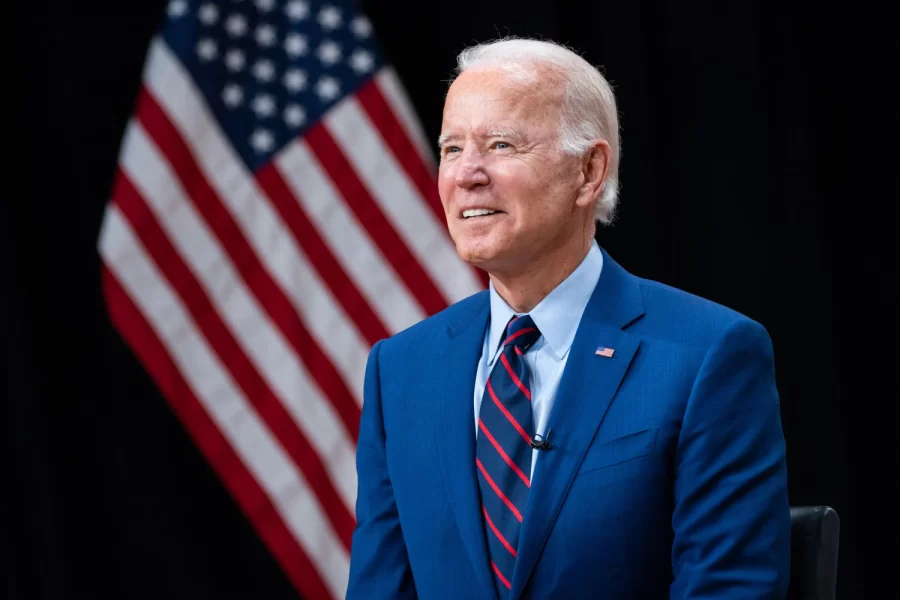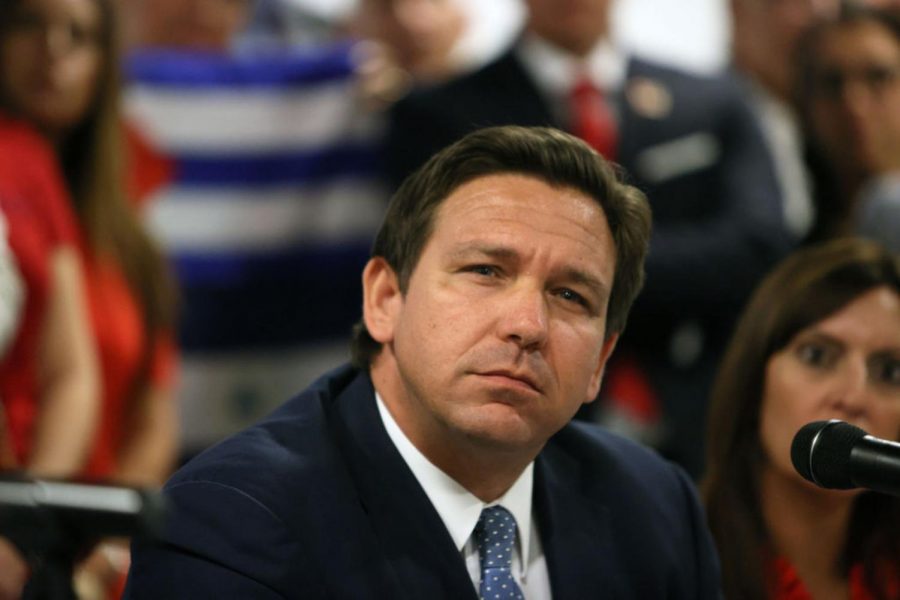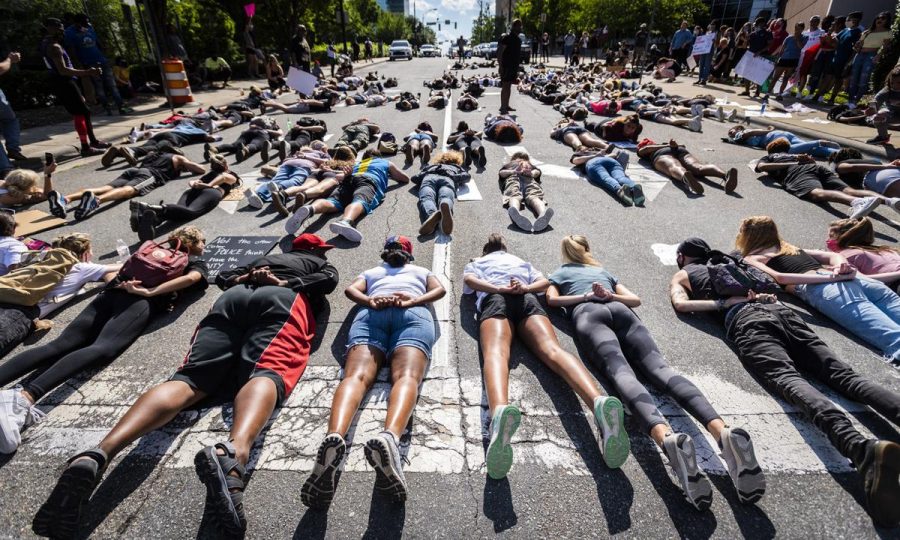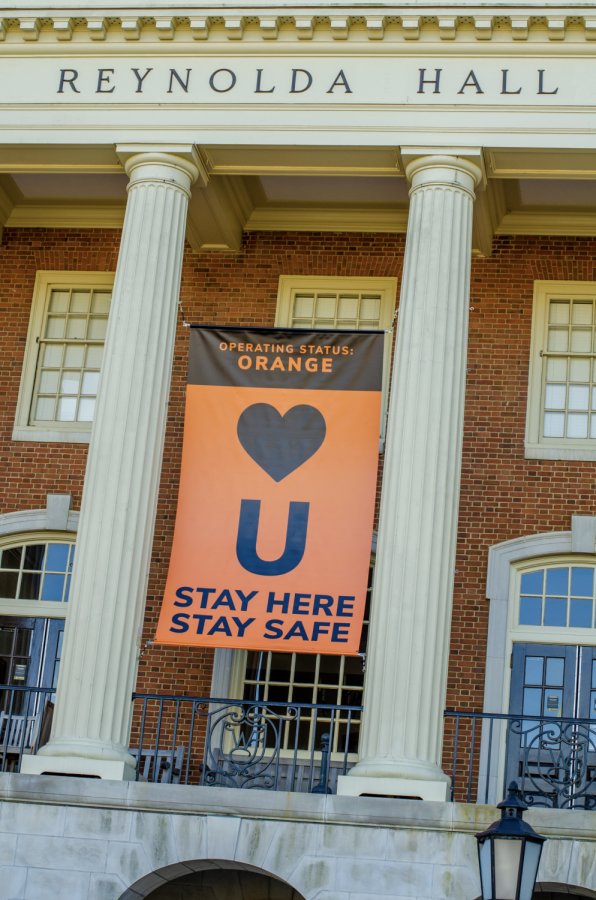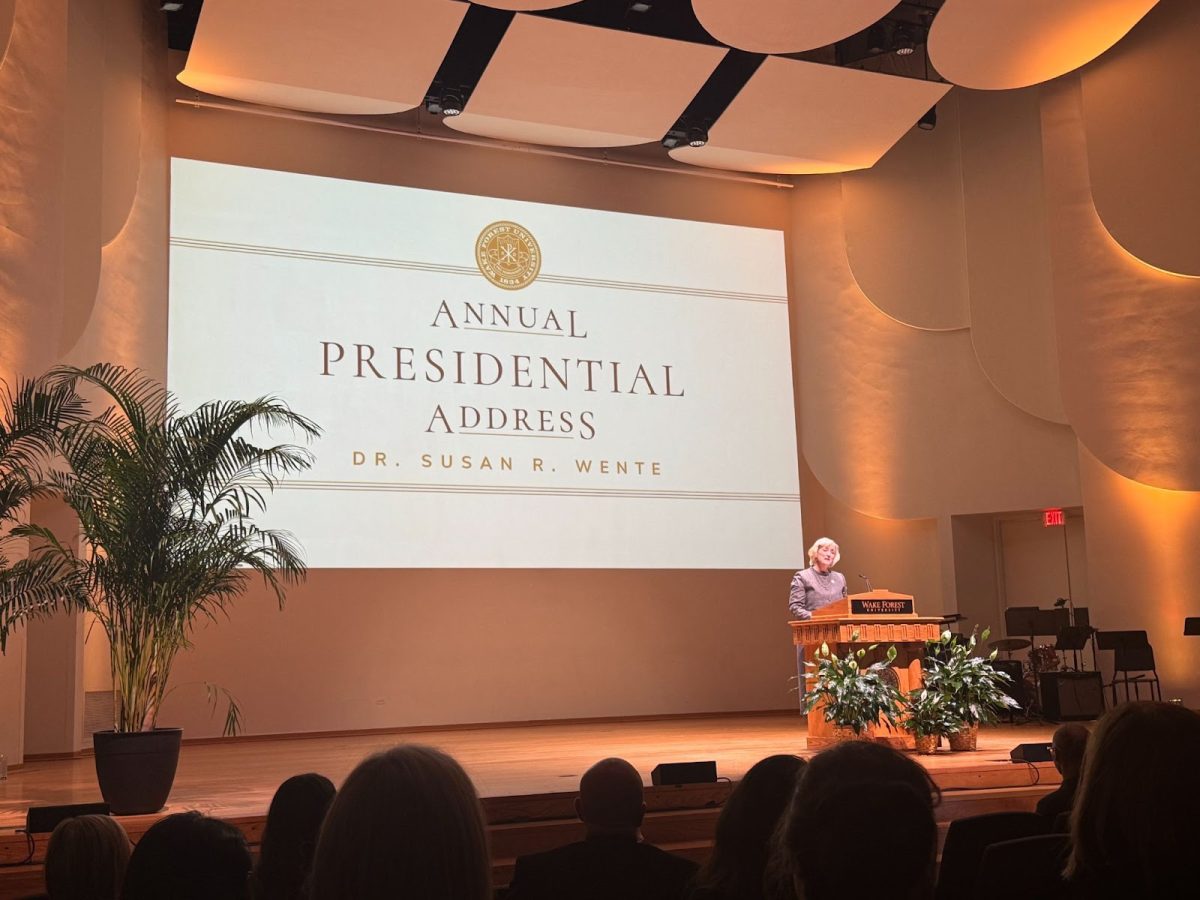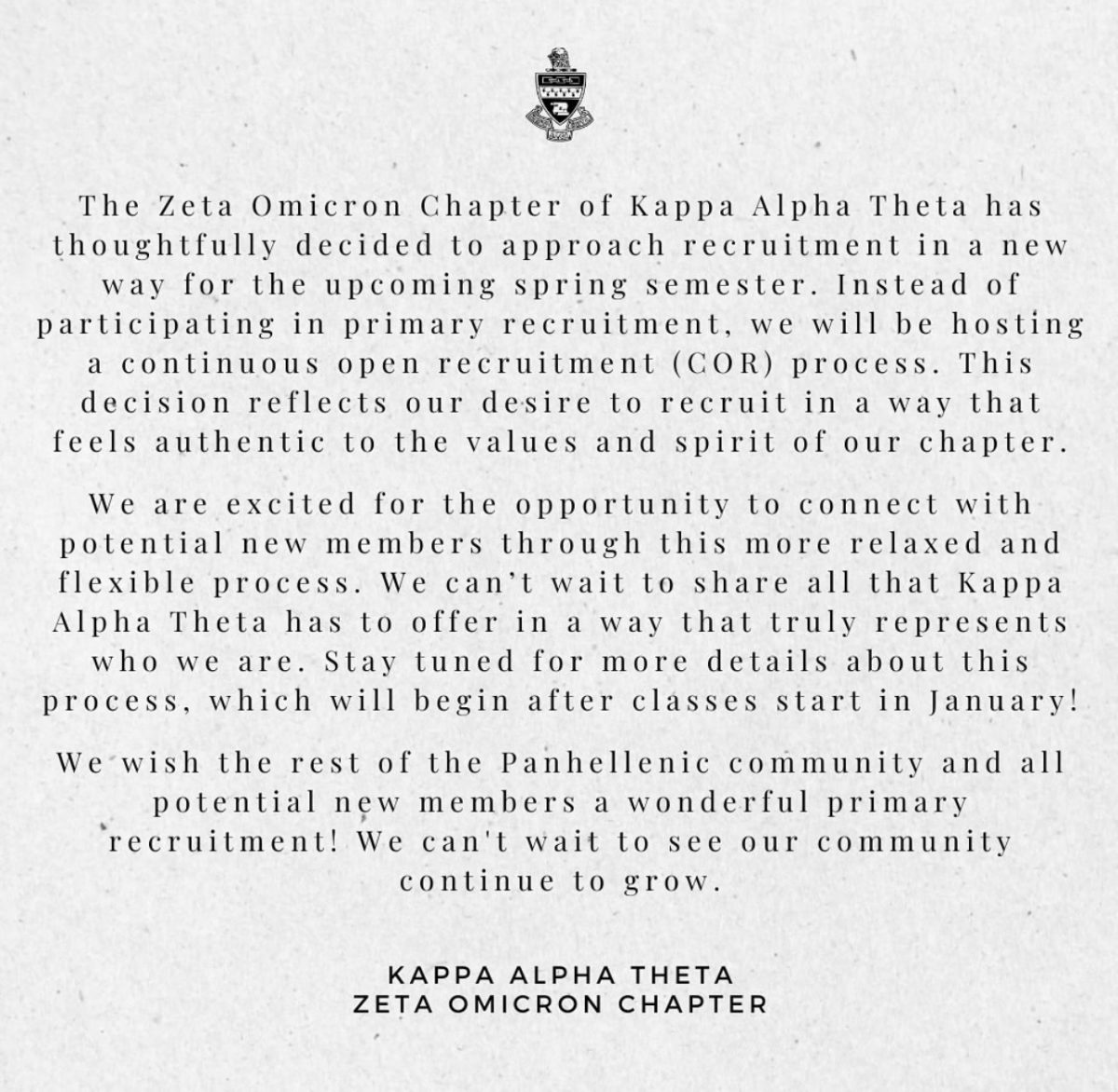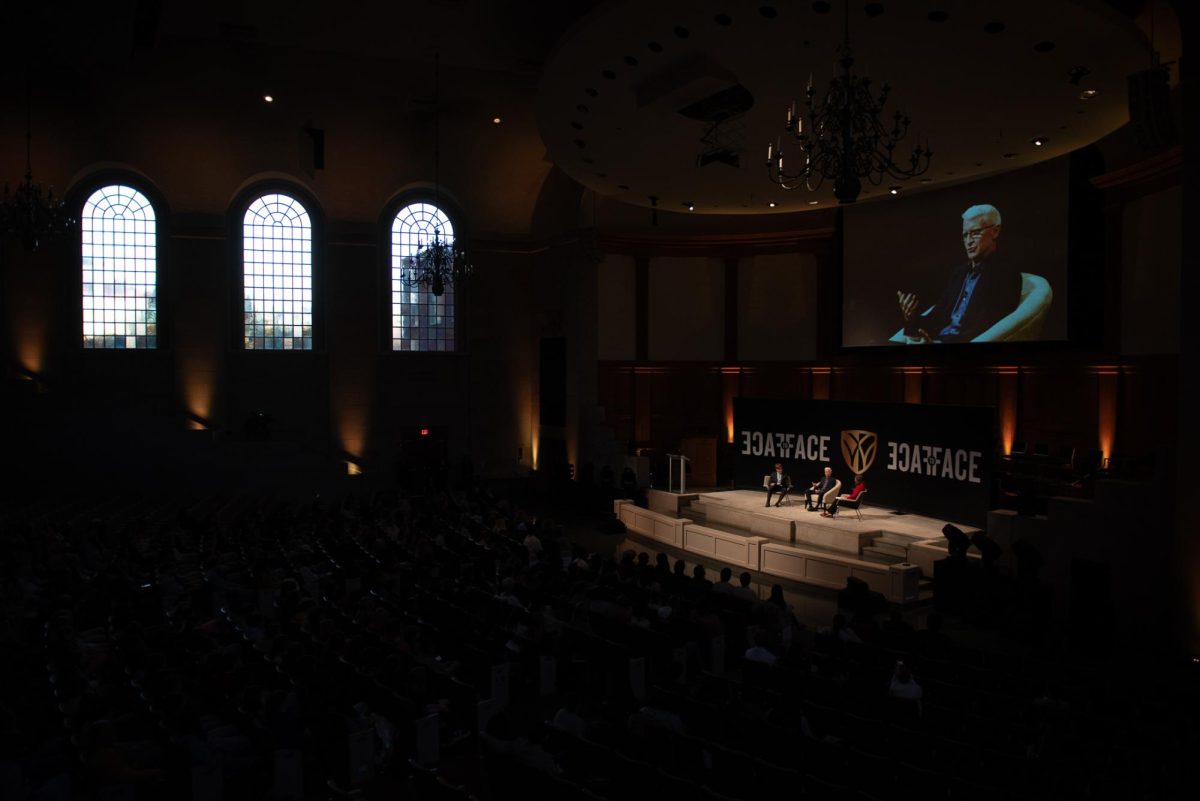Billionaire industrialist David Koch passed away on Friday, Aug. 23, at the age of 79.
Koch held numerous roles and positions during his life: he was a businessman, political activist, philanthropist and chemical engineer. He had stakes in a great deal of businesses as a member of Koch Industries, his family’s enterprise based in Wichita, Kan and a manufacturer that holds the title of the second-largest private company in the United States.
He and his brother Charles became the majority owners of the company, owning 42% each as of 2010, after a bitter legal dispute when they bought out their brothers Frederick and Bill for $1.1 billion. He was ranked No. 11 on Forbes’ list of the richest people in the world, tied with Charles.
Koch was also famed for his involvement in politics; he was the Vice-Presidential candidate for the Libertarian Party in the 1980 presidential election, receiving 1% of the nationwide vote. He eventually broke from the Libertarian party in 1984 and became a Republican.
Koch’s philanthropy extended to a variety of areas. He pledged $100 million over 10 years for the New York State Theater in the Lincoln Center for Performing Arts, a facility that is now named in his honor. He also made a $20 million-dollar gift to the National Museum of Natural History, which led to the creation of their David H. Koch Dinosaur Wing. Between 1998 and 2012, he donated approximately $395 million to medical research, much of which was dedicated to fighting cancer. He and his brother even advocated for bipartisan prison reform, partnering with organizations such as the Center for American Progress, Families Against Mandatory Minimums and the MacArthur Foundation.
Koch also drew a great deal of attention for his extensive contributions to a variety of causes in support of his conservative politics. He drew criticism from liberals for his support of the Tea Party movement, a contribution that led to his and his brother’s inclusion on the Time 100 of the Year.
He also supported former Wisconsin Governor Scott Walker during the gubernatorial recall election of 2012, and he was a critical funder for climate change denialism through think tanks such as the Cato Institute and the American Enterprise Institute, an effort that dates back as early as 1991.
Koch also donated to numerous educational institutions, including Wake Forest. His brother’s foundation drew scrutiny after a contribution of $3.69 million was pledged over five years to the Eudaimonia Institute. This initiative, directed by Professor James Otteson, is dedicated to studying and achieving human flourishing. The name is a Greek word typically translated to mean ‘happiness’ or ‘welfare.’
After Koch Foundation’s donation was publicized, 189 of Wake Forest’s faculty signed a petition asking for a Faculty Senate review of the agreement. They stated that the foundation’s contribution is a threat to academic freedom, as well as the university’s reputation. The Faculty Senate formed a committee to review the institute in December 2016.
“Due to the Charles Koch Foundation’s unprecedented effort and documented strategy to co-opt higher education for its ideological, political and financial ends, the committee moves that Wake Forest University prohibit all Koch network funding for any of its centers or institutes,” the senate said in a motion that was passed on March 15.
Despite this decision, the Eudaimonia Institute continues its mission to determine the source of human flourishing.
Koch is survived by his brothers, his wife and his sons.



